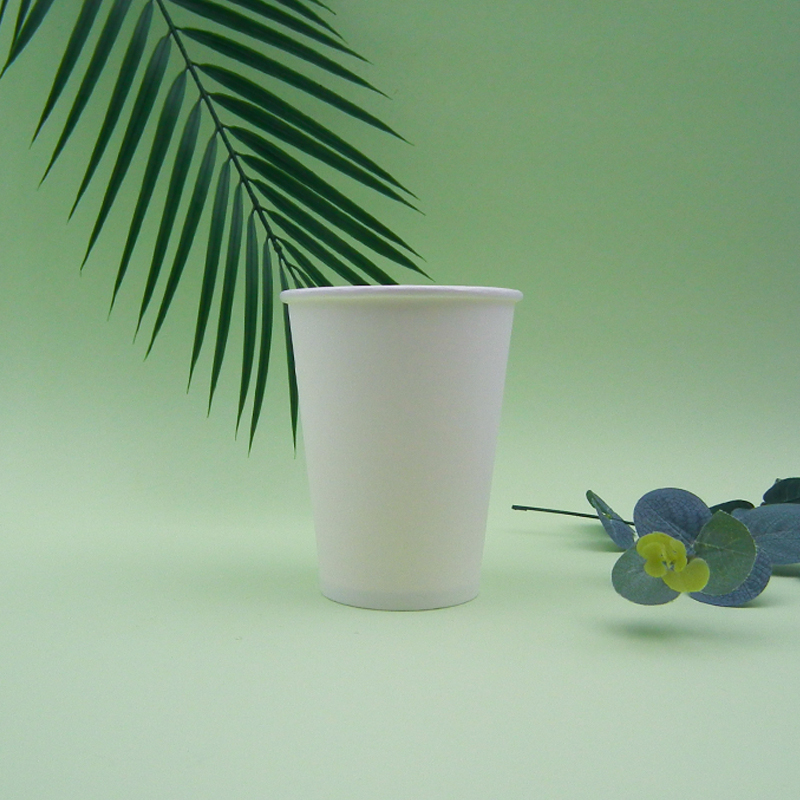
Have you ever stopped to think about what the disposable cups you use in your everyday life are made of? It is still very common to use plastic items at parties and events or in the office.
However, from an environmental standpoint, this might not be the best choice—especially when it comes to single-use cups. And there are a few reasons why. One is the fact that the raw material used to produce plastic is non-renewable and depends on oil extraction, which, in addition to significantly impacting the environment, is finite. In other words, this is a resource that, one day, will no longer be available.
Additionally, although they are recyclable, most plastic materials end up not being recycled. According to the United Nations (UN), less than 10% of the 7 billion tonnes of the plastic waste generated globally so far has been recycled. The remaining 90% has ended up in landfills, incinerators or the environment, especially in rivers and oceans, threatening marine animals, for example, which can die by mistakenly feeding on plastic. UN data also warns that by 2040, the volume of plastic waste discarded in the ocean could reach 37 million tonnes a year.
Products that are made from renewable raw materials and that, in addition to being recyclable, are also biodegradable paper cup and compostable paper cup, are great alternatives to replace plastic items. Examples include paper cups—especially those made with biodegradable resin.
Reasons to use paper cups
“Paper cups can be biodegradable and recyclable, and are made from renewable materials,” says Dayana Louzada, product and communication manager for Suzano's Paper and Packaging unit. This means that, when not recycled, paper cups can decompose naturally in certain environments. “A paper cup made with bio-based resin, a plastic-free component, takes on average one to two years to biodegrade in water, compared to the 400, 500 or even 600 years that it takes for plastic to decompose, depending on the type,” explains Dayana.
But wait: this does not mean that paper cups should be discarded carelessly. Just like any other product, they should be disposed of responsibly and in a way that produces the lowest possible impact on the environment.
Conscious consumption
Paper cups are an excellent option for large events, which usually have a significant environmental impact. They are a hygienic alternative that, if properly disposed of, will not accumulate in the environment and will degrade much more quickly than plastic cups.
“As consumers, we must think about cost-benefit—and while the first thing that comes to mind is price, we should also be thinking in terms of value,” says Dayana. “Every time we decide to use a product from a non-renewable source, we are making a choice that will impact our oceans, our sea.”